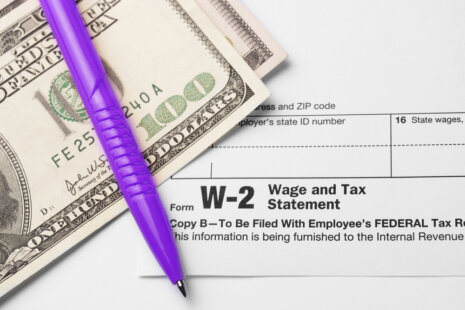In QuickBooks, certain default accounts and system-generated accounts cannot be deleted because they are integral to the software’s functionality and financial tracking. Attempting to delete these accounts may result in errors or issues with your accounting records.
Here are some examples of accounts that cannot be deleted in QuickBooks:
- Opening Balance Equity: This account is used to record the opening balances when you first set up your company file. It should not be deleted because it helps maintain the integrity of your financial data.
- Undeposited Funds: This account is used to temporarily hold funds received from customers until you deposit them into your bank account. Deleting this account can cause issues with tracking customer payments.
- Accounts Receivable and Accounts Payable: These accounts are essential for tracking money owed to your business (Accounts Receivable) and money you owe to others (Accounts Payable). Deleting them would disrupt your ability to manage outstanding invoices and bills.
- Sales Tax Payable: If you collect and remit sales tax, this account is used to track the amount of sales tax you owe to tax authorities. Deleting it would affect your ability to manage and report sales tax.
- Retained Earnings (or Owner’s Equity): Retained Earnings is used to track the cumulative profits or losses your business has earned over time. It is a crucial account for maintaining your financial history.
- Income and Expense Accounts: QuickBooks comes with predefined income and expense accounts, such as “Sales” and “Office Supplies.” While you can edit and customize these accounts, they cannot be deleted because they are fundamental for recording financial transactions.
- Bank and Credit Card Accounts: Bank and credit card accounts cannot be deleted once you’ve added them to QuickBooks. You can close or hide these accounts if needed, but complete deletion is not an option.
- Asset, Liability, and Equity Accounts: Default accounts within these categories, such as “Accounts Receivable,” “Accounts Payable,” and “Owner’s Equity,” cannot be deleted because they are foundational to accounting records.
- Payroll Liabilities Accounts: Accounts related to payroll liabilities, such as “Employee Taxes Payable” and “Employer Taxes Payable,” should not be deleted because they track payroll-related obligations.
- Currency and Exchange Gain/Loss Accounts: If you deal with multiple currencies, QuickBooks automatically generates currency and exchange gain/loss accounts that should not be deleted.
While you cannot delete these system-generated accounts, you can often customize their names, merge them, or use sub-accounts to organize your financial data effectively. If you need to make significant changes to your chart of accounts, it’s advisable to consult with an accountant or a QuickBooks professional to ensure that your accounting records remain accurate and compliant.




